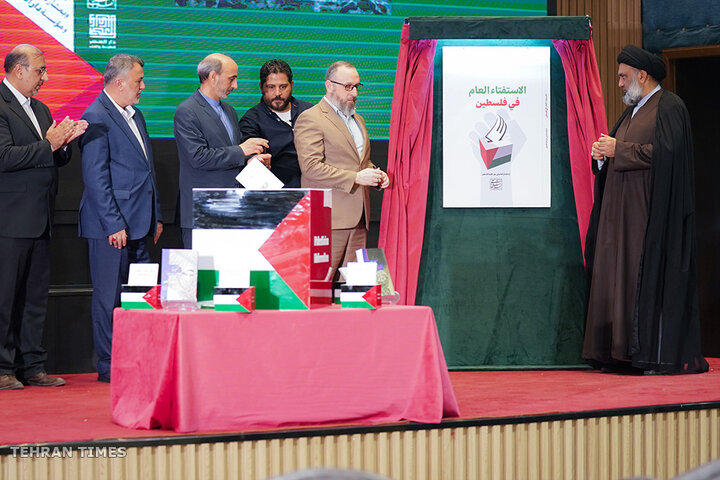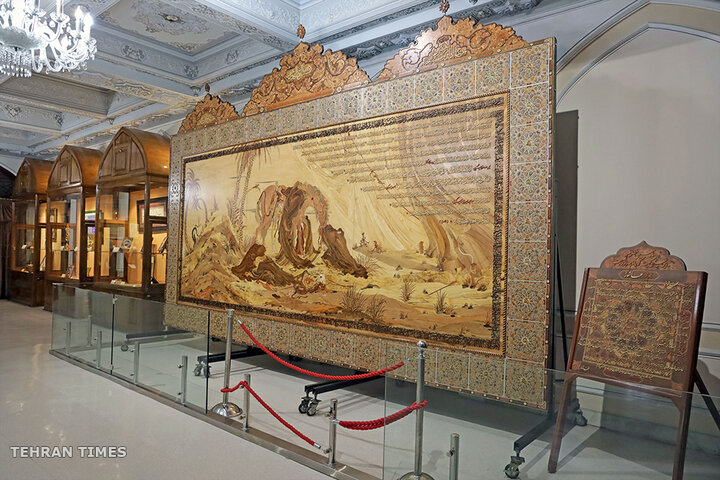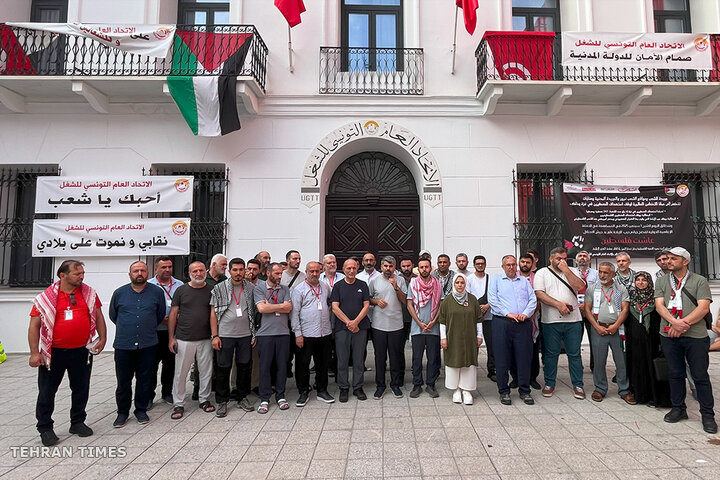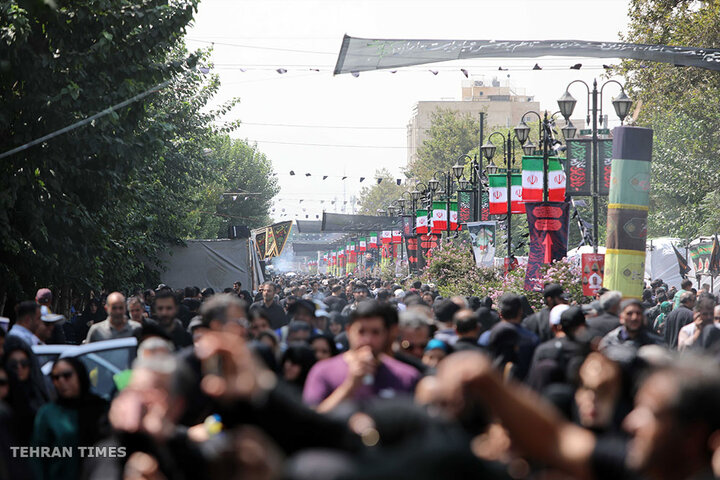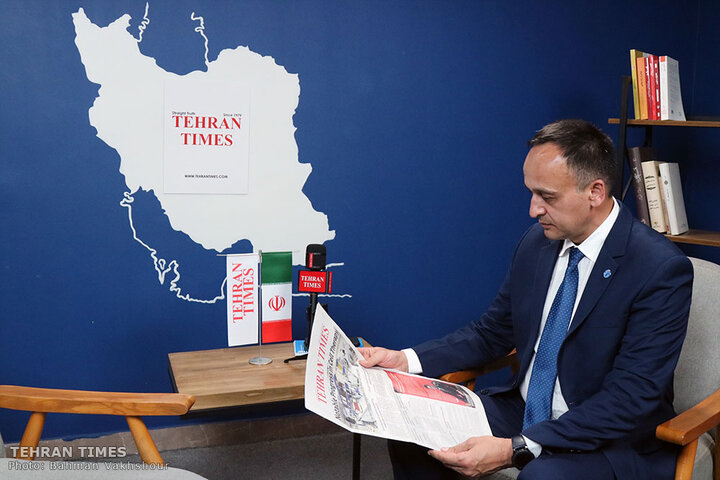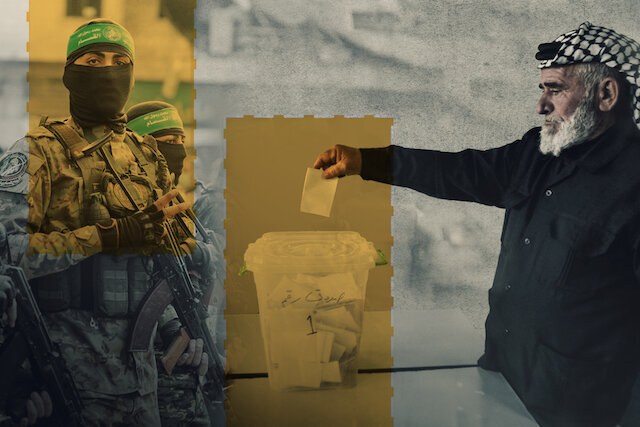-
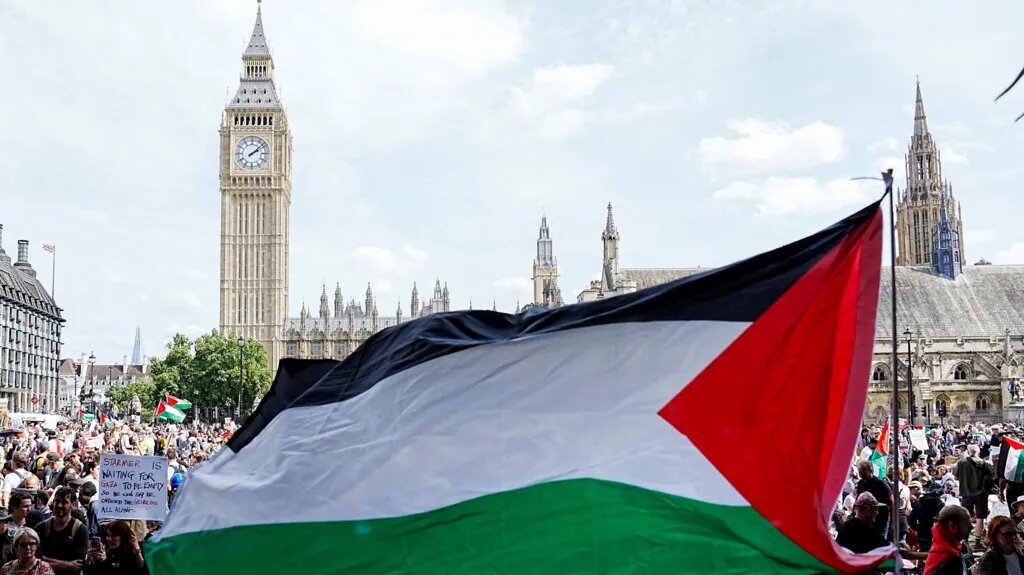 2025-09-21 20:03
2025-09-21 20:03
By Shahrokh Saei
Palestine recognition: A charm offensive or genuine shift?
Canada, Australia, and Britain recognize Palestinian statehood amid rising public pressure
TEHRAN – The recognition of Palestine as an independent state by several other Western countries marks a significant milestone, underscoring the enduring resilience and steadfast resistance of the Palestinian people amid ongoing Israeli brutality. However, this diplomatic shift appears driven less by genuine humanitarian concern and more by mounting domestic and international pressure.
-
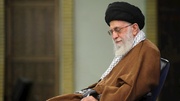
In a message, Leader praises Iranian wrestlers for historic world championship sweep
TEHRAN - Leader of the Islamic Revolution Ayatollah Seyyed Ali Khamenei has congratulated the Iranian Greco-Roman wrestling team for their victory at the 2025 Wrestling World Championships in Croatia, marking an unprecedented year for Iranian wrestling.
-

By Mona Hojat Ansari
Beyond the missiles: The women holding Iran together
Tehran gallery reveals gratitude for Armed Forces, and the women behind the scenes
TEHRAN – If you were to ask Iranians who played the most important roles during Iran's fight against the aggression of Israel and its Western allies back in June, many would likely name the men who worked on missile launchers, operated air defense systems, or pursued Mossad agents.
-
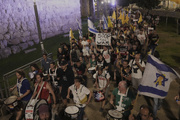
By Garsha Vazirian
As Gaza bleeds, protests reveal Israel's fractured leadership and moral decay
TEHRAN – Once again, Israelis have taken to the streets in protest, driven by the military’s strategic failures in Gaza and the collapse of government policies.
-
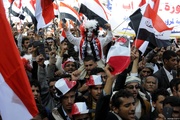
By Sondoss Al Asaad
Sept. 21 Revolution: A watershed moment in Yemen’s ties with Iran, Palestine, and multipolar world
BEIRUT — The September 21st Revolution in 2014 marks a historic turning point in the Yemeni landscape. It was not merely a protest movement against corruption and marginalization, but rather a radical shift in the structure of power and national sovereignty, repositioning Yemen on the regional and international geopolitics.
-
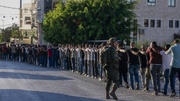
By Wesam Bahrani
Mass kidnap campaign in West Bank
TEHRAN – Israeli Occupation Forces (IOF) launch a mass kidnap campaign across the occupied West Bank, abducting many, including a mayor. The large-scale kidnap campaign started early Sunday with an unknown number of Palestinians kidnapped, including a former Arab Knesset member and former prisoners.
Politics
-
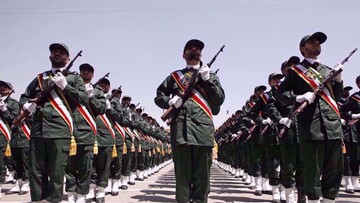
All national capacities mobilized to safeguard security: Iran’s top military command
TEHRAN – Iran’s top military command has underlined that it will continue to mobilize all national capacities under the guidance of Leader of the Islamic Revolution Ayatollah Seyyed Ali Khamenei to safeguard the country’s security, sovereignty, and progress.
-
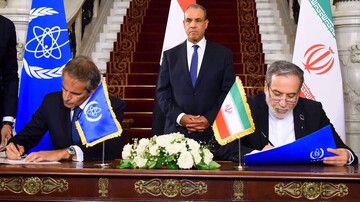
Iran will halt IAEA cooperation with ‘snapback’ in progress, SNSC confirms
TEHRAN – Iran’s Supreme National Security Council (SNSC) announced on Saturday that Tehran will halt its cooperation with the International Atomic Energy Agency (IAEA) after the UN Security Council voted against permanently lifting sanctions on the country.
-
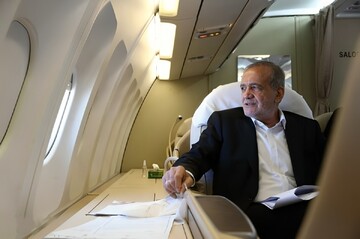
Pezeshkian to leave for New York Tuesday, promote global cooperation at UN
TEHRAN – President Masoud Pezeshkian of Iran is preparing to address world leaders at the 80th session of the United Nations General Assembly (UNGA) in New York. According to Mehdi Sanaei, a political advisor, President Pezeshkian will depart for New York on Tuesday after participating in the symbolic ringing of the school bell, marking the commencement of the new academic year throughout Iran.
Sports
-

Iran down UAE at AFC Futsal Asian Cup 2026 qualifiers
TEHRAN - Iran made it two wins out of two following their 10-0 defeat of United Arab Emirates in their AFC Futsal Asian Cup Indonesia 2026 Qualifiers Group C match on Monday.
-

Iran to play Mexico in friendly: Taj
TEHRAN – Mehdi Taj, head of Iran Football Federation, announced that Team Melli will play a friendly match against Mexico as part of preparation for the 2026 FIFA World Cup.
-

Iran march into 2025 Asian Men’s U17 Handball Championship semifinals
TEHRAN – Iran defeated Qatar 46-25 at the 1st Asian Men’s U17 Handball Championship on Saturday.
Culture
-
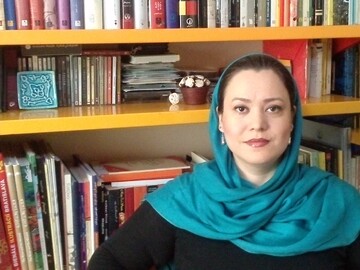
Iranian researcher Sahar Tarhandeh to serve in jury of 30th Biennial of Illustration Bratislava
TEHRAN – Iranian researcher of children’s literature and picture books Sahar Tarhandeh has been selected as one of the international jurors of the 30th Biennial of Illustration Bratislava (BIB 2025).
-
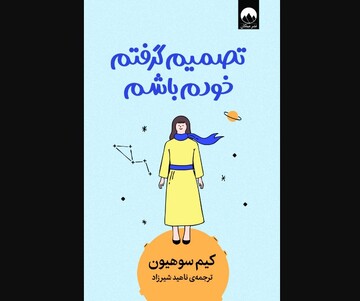
“I Decided to Live as Me” at Iranian bookstores
TEHRAN- A Persian translation of Korean writer and illustrator Kim Suhyun’s 2024 book “I Decided to Live as Me” has recently been published by Milkan Publications in Tehran.
-
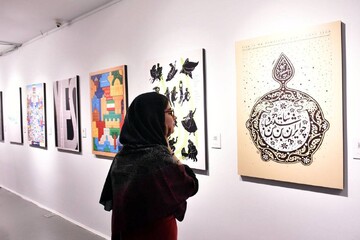
“In the Name of Iran” exhibition showcases generations of Iranian graphic designers' posters
TEHRAN- The “In the Name of Iran” poster exhibition, featuring works by multiple generations of Iranian graphic designers, was inaugurated on Friday at the Gooya Art Gallery in Tehran.
Economy
-
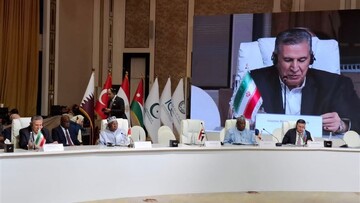
ICCIMA pledges training support, economic cooperation with Palestine
AMMAN – Iran Chamber of Commerce, Industries, Mines and Agriculture (ICCIMA) said it is ready to provide training and knowledge-enhancement courses for the Palestinian people in cooperation with the Islamic Chamber Research and Information Center (ICRIC), while urging Islamic countries to commit to purchasing Palestinian products.
-

NIOC chief says Iran’s oil exports continue without interruption
TEHRAN – Iran’s oil exports are continuing without interruption, the head of the National Iranian Oil Company (NIOC) said on Monday, dismissing reports of losses from changes in sales methods.
-
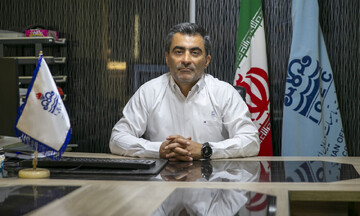
New pipeline secures stable gas production at South Pars phase 16
TEHRAN – The Iranian Offshore Engineering and Construction Company (IOECC) has completed a new offshore and onshore pipeline for phase 16 of the South Pars gas field, ensuring stable production from the platform, the project manager said.
Society
-

Iranian researchers continue to trend upward in world’s top 2% list
TEHRAN - The latest international data shows that the presence of Iranian researchers in the top two percent list of the world based on citation indicators continues to trend upward, indicating an improvement in the quality of the country's scientific production.
-

IranPharma expo attracts 743 companies from 28 countries
TEHRAN - The 10th IranPharma Exhibition, the largest specialized pharmaceutical event in Iran, will take place in Tehran from September 24 to 26, bringing together 743 companies from 28 countries.
-

DOE restarts Asiatic cheetah preservation plan after 6 years halt
TEHRAN - The Department of Environment has resumed the implementation of the national project to protect Asiatic cheetahs after a six-year hiatus.
Tourism
-
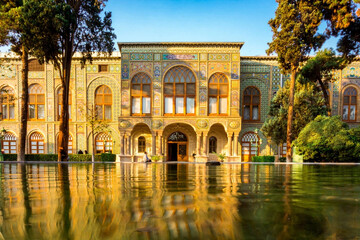
UNESCO-listed Golestan Palace to reopen museums in phases from Sept. 23
TEHRAN – Golestan Palace, a UNESCO World Heritage site in central Tehran, will begin reopening its museums and historic buildings in stages starting Sept. 23, the site’s director said on Sunday.
-
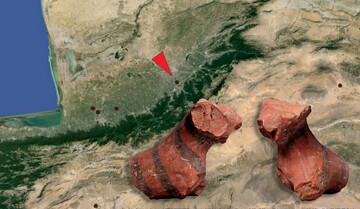
Met Museum’s tiny clay figurine reveals ancient origins of the mighty Hyrcanian tiger
TEHRAN - A seemingly unremarkable clay fragment, housed for decades in the Metropolitan Museum of Art’s collections, has been identified as a landmark archaeological discovery. New research confirms the artifact is one of the oldest known depictions of a tiger, reshaping the history of the animal’s role in Iranian art and culture.
-

A day in Bali where adventure meets serenity
BALI (Indonesia) - Bali, an island whose name is inseparably linked with both serenity and adventure, revealed the many faces of its nature and culture on the second day of our media tour.
International
-

Palestine recognition: A charm offensive or genuine shift?
TEHRAN – The recognition of Palestine as an independent state by several other Western countries marks a significant milestone, underscoring the enduring resilience and steadfast resistance of the Palestinian people amid ongoing Israeli brutality. However, this diplomatic shift appears driven less by genuine humanitarian concern and more by mounting domestic and international pressure.
-

As Gaza bleeds, protests reveal Israel's fractured leadership and moral decay
TEHRAN – Once again, Israelis have taken to the streets in protest, driven by the military’s strategic failures in Gaza and the collapse of government policies.
-

Sept. 21 Revolution: A watershed moment in Yemen’s ties with Iran, Palestine, and multipolar world
BEIRUT — The September 21st Revolution in 2014 marks a historic turning point in the Yemeni landscape. It was not merely a protest movement against corruption and marginalization, but rather a radical shift in the structure of power and national sovereignty, repositioning Yemen on the regional and international geopolitics.
Video Comment
-
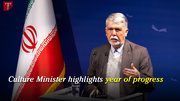
Culture minister highlights year of progress in arts, global image enhancement
-

Gazan Journalists attacked by Israel
-
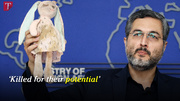
Brother of Iranian scientist murdered in Israeli strike speaks out
-
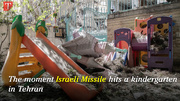
Footage shows Israel hit a kindergarten in Tehran
-
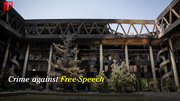
Delegates and ambassadors from 28 countries visited the IRIB building
Most Viewed
-
Iran wrestling dominate the world
-
Towards a new regional order
-
Why did Hezbollah chief call on Riyadh to open ‘new page’ with the Resistance?
-
Araghchi represents Iran’s official stance, Prof. Gärtner says after Macron’s controversial remarks
-
Snapback is a nail in the coffin of international law!
-
Palestine recognition: A charm offensive or genuine shift?
-
The impact of snapback on Iran
-
Pezeshkian says Iran will not ‘bow to pressure’ after UNSC moves to impose snapback sanctions
-
Iran, Spain boost anti-money laundering cooperation as Madrid prepares to host FATF meeting
-
A day in Bali where adventure meets serenity
-
Trump threatens Kabul over Bagram demand as Taliban rejects US return
-
Fueling 'Greater Israel' with US arms
-
Iran will halt IAEA cooperation with ‘snapback’ in progress, SNSC confirms
-
Iran rout Bangladesh at AFC Futsal Asian Cup Indonesia 2026 qualifiers
-
Beyond the missiles: The women holding Iran together
